Steering the Complex Terrain of Regulatory Standards for Cyber Security in Multi-Unit Units to Ensure Occupant Safety and Information Protection
Wiki Article
Within today's society, numerous individuals live in multi-unit units, such as flat buildings and condo communities. These places often utilize shared networks for online and other services. Although this setup can be beneficial, it also brings up significant questions about network security and compliance standards. Ensuring the security of residents and safeguarding their data is crucial. This article will examine the intricate environment of compliance standards for network safety in multi-dwelling units, focusing on how these guidelines assist keep tenants secure and protected.
A of the key compliance standards that apply to network safety is the General Information Privacy Act (GDPR). This regulation is intended to safeguard personal data and privacy for individuals within the EU Community. While it primarily applies to companies functioning in Europe, its tenets can affect practices in different regions as well. For multi-unit buildings, complying to GDPR means establishing robust information safeguarding protocols. This entails ensuring that residents' individual data is collected, kept, and processed safely. By following these guidelines, building managers can help establish trust with residents and ensure their information is protected from unauthorized intrusion.

Another important standard is the Healthcare Insurance Portability and Accountability Law (HIPAA), which protects sensitive healthcare data in the medical sector. In multi-dwelling units, particularly those that offer healthcare assistance or have tenants with specific mdu vulnerability assessments health requirements, adherence with HIPAA is crucial. This means that any health-related information collected from residents must be maintained private and protected. Property managers must make sure that their system systems are designed to avoid data breaches and unauthorized access. By taking these steps, they not only comply with legal requirements but also foster a secure living environment for all residents.
Alongside GDPR and HIPAA, the Credit Card Payment Industry Data Protection Guidelines (PCI DSS) is a further critical compliance guideline. This guideline is especially relevant for multi-unit units that process debit card payments for lease or amenities. PCI DSS specifies security protocols that must be implemented to safeguard cardholder data. This includes securing confidential information and regularly reviewing system safety. By following PCI DSS guidelines, building administrators can reduce the risk of data leaks and safeguard tenants' financial data, which is crucial for upholding their confidence and safety.
Finally, it is essential for multi-unit buildings to remain informed on local and national laws regarding system security. Laws and standards can change, and staying aware is essential for adherence. Building managers should regularly review their safety policies and procedures to make sure they meet current requirements. This preventive strategy not only assists in maintaining compliance but also enhances the overall security of the system. By prioritizing tenant safety and information protection, multi-unit buildings can establish a safe living space that fosters confidence and peace of mind among tenants.
To summarize, navigating the complex environment of compliance standards for system security in multi-unit units is essential for ensuring tenant safety and information protection. By comprehending and implementing guidelines like GDPR, HIPAA, and PCI DSS, building administrators can establish a safe environment for their residents. Remaining informed about local laws and regularly reviewing safety practices further improves this dedication to safety. Ultimately, a robust emphasis on compliance not only protects tenants but also builds a feeling of belonging and trust within multi-unit units.